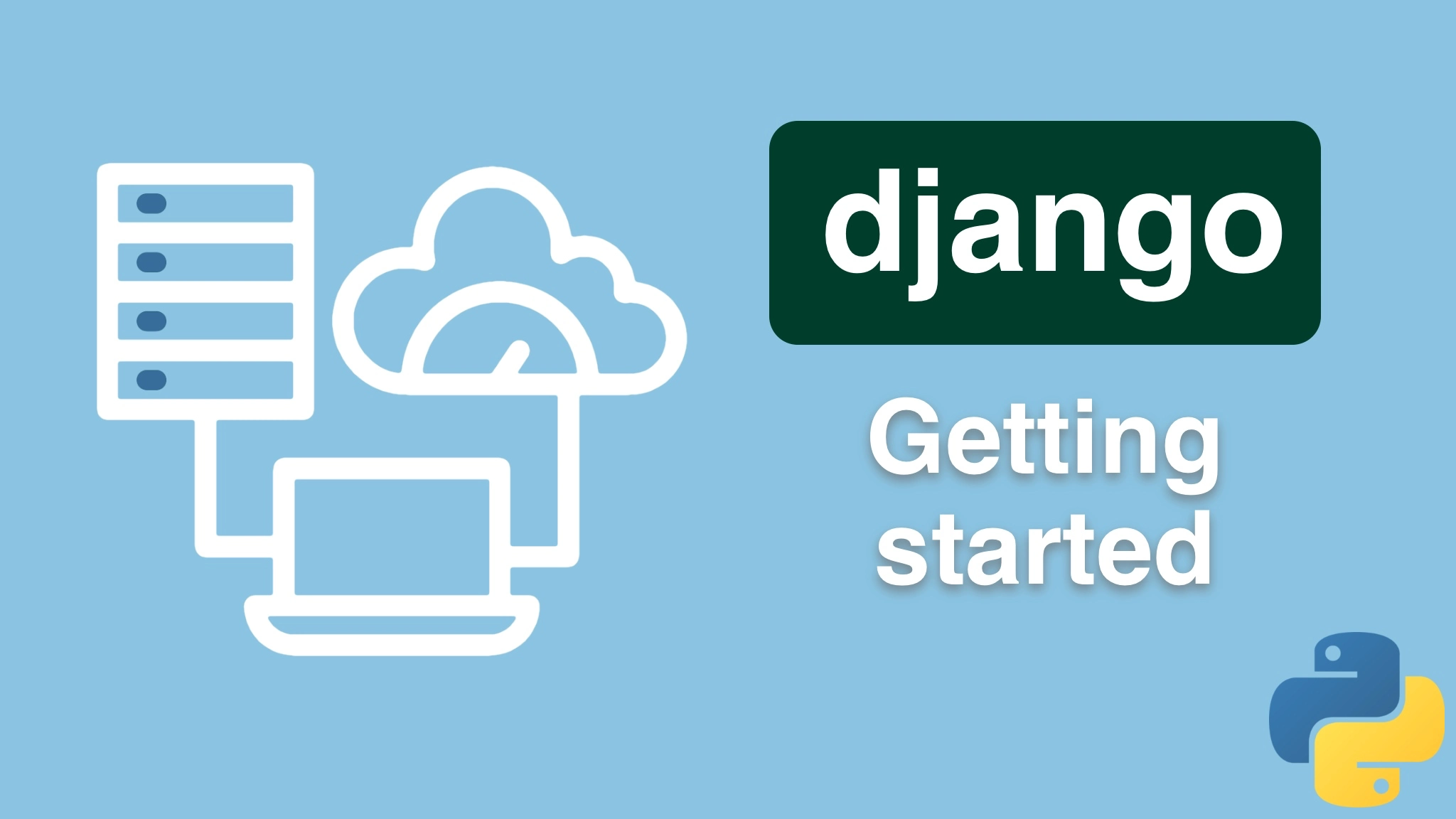ABCDou Insights
Exploring the world of news, trends, and information.
Django: Your New Best Friend in Web Development
Discover why Django is the ultimate game-changer for web development! Boost your skills and create stunning sites effortlessly.
Getting Started with Django: A Beginner's Guide
Getting started with Django can be an exciting journey into the world of web development. Django is a powerful Python web framework that encourages rapid development and clean, pragmatic design. To begin, you’ll need to have a basic understanding of Python and the command line. First, ensure you have Python installed on your system. You can download the latest version from the official Python website. Once Python is installed, you can install Django via the package manager pip by running the command: pip install django. This will set up the Django framework on your local environment.
After installing Django, it’s time to create your first project. Execute the command django-admin startproject myproject to initiate a new project. This folder will contain several important files and folders, including settings.py, which helps configure your application. For a more in-depth tutorial, you can refer to the official Django tutorial. From here, you can start your development server by navigating into your project directory and running python manage.py runserver. This will allow you to see your application live and start experimenting with Django’s features and capabilities.

Top 10 Features of Django That Will Change Your Web Development Workflow
Django is a powerful web framework that can significantly enhance your web development workflow. Here are the Top 10 Features of Django that can streamline your projects:
- Built-in Admin Interface: Django's auto-generated admin panel simplifies managing your database models and content without writing additional code.
- ORM (Object-Relational Mapping): Its built-in ORM allows you to interact with your database using Python code instead of SQL, which can greatly reduce development time. Explore more about Django ORM.
- Security Features: Django comes equipped with features such as CSRF protection, SQL injection protection, and more by default, ensuring your web applications remain secure. Read more at Django Security Release.
- Scalability: With its modular architecture, Django can handle high-traffic applications easily. This makes it perfect for businesses that expect to grow rapidly.
- Rich Ecosystem: Django has a vibrant community and a plethora of third-party packages and extensions that can extend its functionality even further. Check out the Django Packages directory.
Furthermore, Django promotes rapid development, which is a game-changer for developers aiming to deliver projects efficiently. Here are five more transformative features:
- Template System: Its powerful templating engine allows you to build dynamic websites quickly while clearly separating business logic from presentation.
- REST Framework: With Django REST Framework, building RESTful APIs becomes far simpler and faster, allowing seamless integration with various frontend technologies. Learn more about it here.
- URL Routing: Django's clean URL patterns make managing complex web applications more intuitive. Examine the URL dispatching documentation for insights.
- Testing Framework: Built-in support for unit testing ensures that your code remains robust and error-free throughout development.
- Community Support: Django's extensive documentation and active community make it easier for developers to find help and resources to solve problems quickly.
Why Django is the Ultimate Framework for Building Robust Web Applications
When it comes to building robust web applications, Django stands out as the ultimate framework for developers. Its versatile architecture supports rapid development and clean, pragmatic design, making it an ideal choice for both startups and established enterprises. The framework is built with security in mind, offering built-in protections against common threats such as SQL injection, cross-site scripting, and cross-site request forgery. With such features, developers can focus on building exceptional web applications without constantly worrying about security vulnerabilities.
Django's extensive library of third-party plugins and its comprehensive documentation further enhance its capabilities. The community is vibrant and supportive, offering numerous resources for troubleshooting and collaboration. Key components such as ORM (Object-Relational Mapping), Admin Panel, and a built-in development server simplify complex tasks and streamline the development process. Whether you're building a simple blog or a large-scale enterprise solution, Django provides the necessary tools to help you succeed and stay ahead in the competitive landscape of web development.